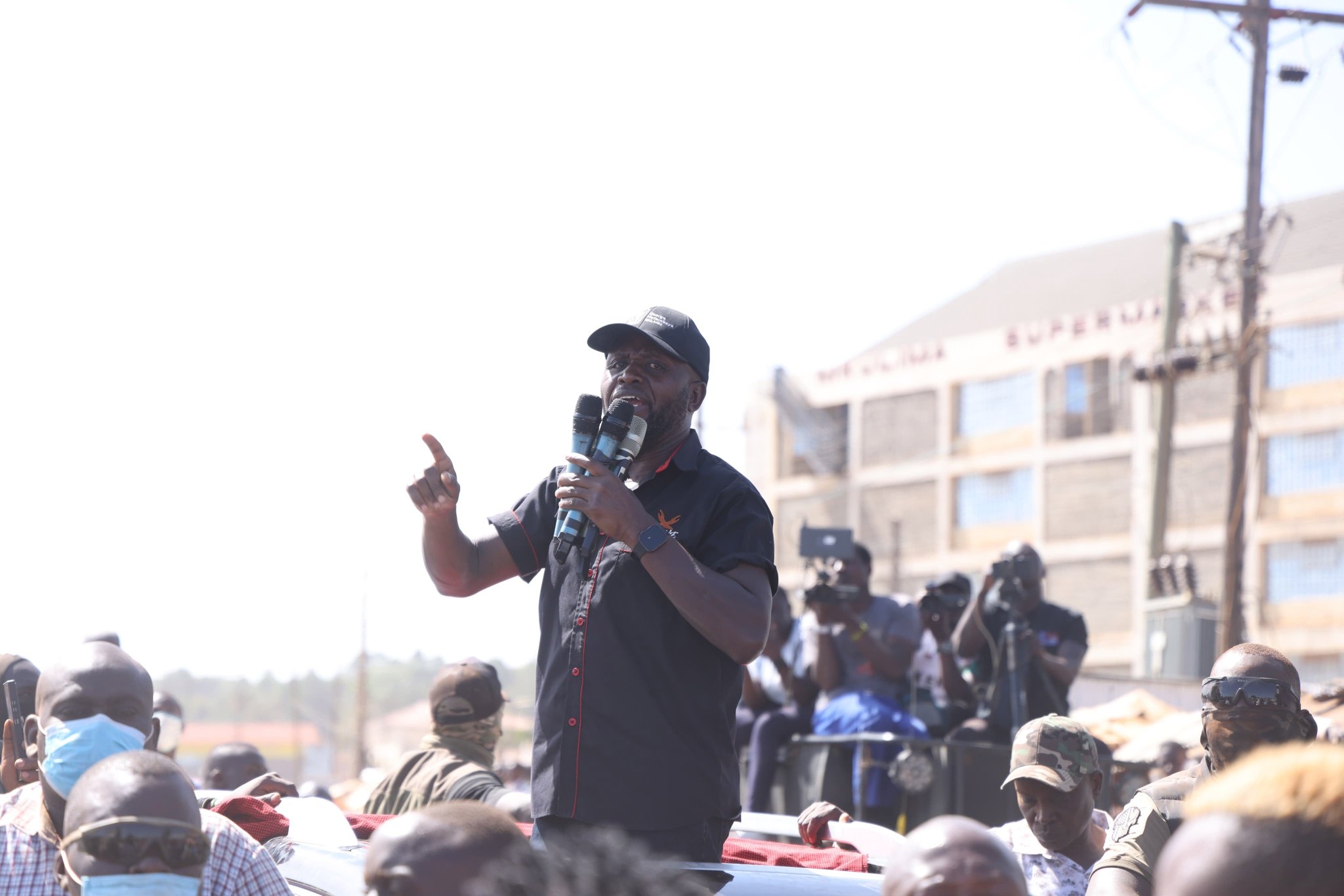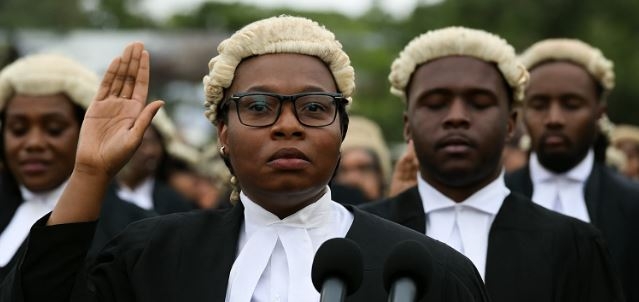The Court of Appeal has set free a man who was convicted 11 years ago of murder, saying the judge erred in sentencing him to life imprisonment because the offence was not proved beyond reasonable doubt.
Paul Kamau was in July 2013 sentenced to life imprisonment by Justice Roseline Wendoh after being found guilty of murdering John Ole Sasire. The offence was allegedly committed on October 16, 2010, at Olkinyei area of Narok North.
A dissatisfied Kamau then moved to the Court of Appeal arguing that the offence of murder was not proved as the trial judge relied on the contradictory evidence of a single witness.
He also said the there was failure of the prosecutors to call critical witnesses. His third ground of appeal was that the trial court erred in rejecting his evidence despite the same not being displaced by the prosecution.
During trial at the High Court in Nakuru, the prosecution based its case on the testimony of seven witnesses. They included Dr Alan Soita of Narok District Hospital who conducted the postmortem on Sasire's body on October 26, 2010. Soita said the deceased had a cord around his neck and his whole body was swollen.
He also had a fracture of the cervical bone and had suffered strangulation at the jugular and carotid vessels. He formed the opinion that the deceased died as a result of asphyxia due to strangulation or lack of oxygen to the lungs.
Dickson Sangkok, the third prosecution witness, told the court that he worked for Salash Dapash (witness number four) as a herdsman while the deceased served as a farmhand for the same employer.
He recalled that on the material day at about 2pm, he passed by the deceased’s house and found three people, two of them standing at the deceased’s door. The third person, Kamau, was inside the house hitting someone with a stick. He continued with his duties and later learnt of the deceased’s death.
Another prosecution witness was constable Leonard Cherwa, the investigating officer. He was among the officers who visited the scene of crime and took Sasire's body to the mortuary.
Cherwa arrested Kamau, Samuel Owengi, Edward Mungai and Wilson Mbuthia as suspects. But after investigations, he released the others and remained with Kamau as the person who killed Sasire.
Kamau did not call witnesses. He gave sworn evidence.
In her judgment, Justice Wendoh held that even though the prosecution had failed to call some key witnesses, such failure was not detrimental to the prosecution’s case.
The judge held that the evidence of Sangkok was cogent and was corroborated and pointed to Kamau as the person who, perhaps alongside others, caused the death of Sasire.
In his appeal, Kamau said the conviction was based on shaky evidence, arguing that the prosecution did not prove the case beyond reasonable doubt.
He said Sangkok's evidence did not exclusively point to him as the person who killed the deceased.
Kamau noted that during cross-examination, Sangkok exonerated him from having malice aforethought when he stated that the manner in which he hit the deceased resembled that of waking him up.
"As such, the evidence on record did not surmount the burden of proof placed upon the prosecution for a conviction to ensue," Kamau told Court of Appeal judges stressing that the inconsistencies and discrepancies in Sangkok's evidence could not sustain his conviction.
Kamau also faulted his conviction saying key witnesses were not called to testify. He submitted that the failure to call the members of public who were mentioned rendered the trial unfair.
In their analysis, Court of Appeal judges Fred Ochieng, Weldon Korir and Fatuma Sichale faulted the trial judge for not critically evaluating the evidence.
They said Sangkok and another witness George ole Kipury gave contradictory and incredible evidence.
"In reviewing their evidence, we note discrepancies which leads us to question their credibility. For example, for what reason was Sangkok arrested? If the said house was in the same compound where Kipury and one Njenga were taking their alcohol, how come Kipury failed to hear of the commotion emanating from the deceased’s house yet the scene looked disturbed as if there had been a struggle? These and many other questions linger in the mind of the court."
"We note that the trial court did not address itself to complicity of Sangkok and Kipury. On our part, only one conclusion arises, that Sangkok and Kipury were accomplices whose evidence was not only contradictory but also incredible," the appeal judges said.
The judges also took issue with the prosecution's failure to call certain key witnesses.
The court noted that both sides acknowledged that there were witnesses who were mentioned but were not called to testify. They said the evidence showed the said witnesses were present at the scene of crime before, during and after Sasire met his death. Some of them were even arrested but later released.
Neither the prosecution nor any of their witnesses tendered any explanation as to why these witnesses could not be procured to come and give their evidence, the court noted.
"In our view, considering the loopholes we identified in the testimonies of Sangkok and Kipury, we are inclined to draw adverse inference on the prosecution’s failure to call these witnesses. In the end, we agree with the appellant and find that the failure by the prosecution to call the mentioned witnesses was fatal to their case."
It its judgment, the court ruled that the offence of murder was not proved by the prosecution and that the evidence on record was not sufficient to warrant a conviction.
"Consequently, the appellant’s conviction by the trial court cannot be sustained but must be vacated. We find the appeal has merit. The same is allowed. The conviction is hereby quashed and the sentence of life imprisonment set aside. We order the appellant to be released from prison forthwith unless otherwise lawfully held," the appellate judges ruled.






![[PHOTOS] Three dead, 15 injured in Mombasa Rd crash](/_next/image?url=https%3A%2F%2Fcdn.radioafrica.digital%2Fimage%2F2025%2F11%2Fa5ff4cf9-c4a2-4fd2-b64c-6cabbbf63010.jpeg&w=3840&q=100)









